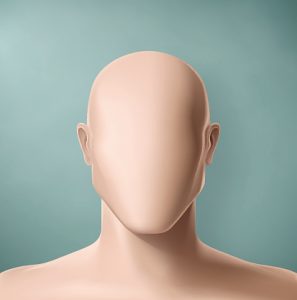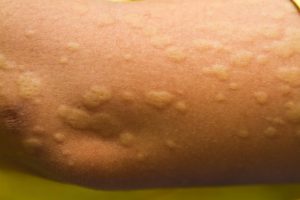Bacteria. The word alone makes us think of infection, disease, and illness. We hate all bacteria, right?
 Actually, there is such a thing as GOOD bacteria. They are called probiotics and they help you maintain a healthy digestive system. They do this by lowering “bad” bacteria that can cause infections and other problems. Sometimes we don’t have enough good bacteria in our systems (for instance, like when we are on antibiotics). A lack of good bacteria can cause a variety of digestive issues. By taking probiotics, we are replacing those good bacteria which are sometimes lost.
Actually, there is such a thing as GOOD bacteria. They are called probiotics and they help you maintain a healthy digestive system. They do this by lowering “bad” bacteria that can cause infections and other problems. Sometimes we don’t have enough good bacteria in our systems (for instance, like when we are on antibiotics). A lack of good bacteria can cause a variety of digestive issues. By taking probiotics, we are replacing those good bacteria which are sometimes lost.
Probiotics are most commonly taken to help prevent or improve common digestive problems such as irritable bowel syndrome and diarrhea. Others have suggested that they are also beneficial in treating skin conditions, such as eczema, improving urinary and vaginal health, and preventing colds and allergies.
Your body naturally generates probiotics, but if you want to increase your good bacteria levels, you can take probiotics in supplement form or get them by eating certain foods, most notably yogurt and other fermented products.
Probiotics are natural so they are generally considered safe to take, even in supplement form. It is recommended that you speak to your doctor about the best way of incorporating probiotics into your diet.
All content of this newsletter is intended for general information purposes only and is not intended or implied to be a substitute for professional medical advice, diagnosis or treatment. Please consult a medical professional before adopting any of the suggestions on this page. You must never disregard professional medical advice or delay seeking medical treatment based upon any content of this newsletter. PROMPTLY CONSULT YOUR PHYSICIAN OR CALL 911 IF YOU BELIEVE YOU HAVE A MEDICAL EMERGENCY.



